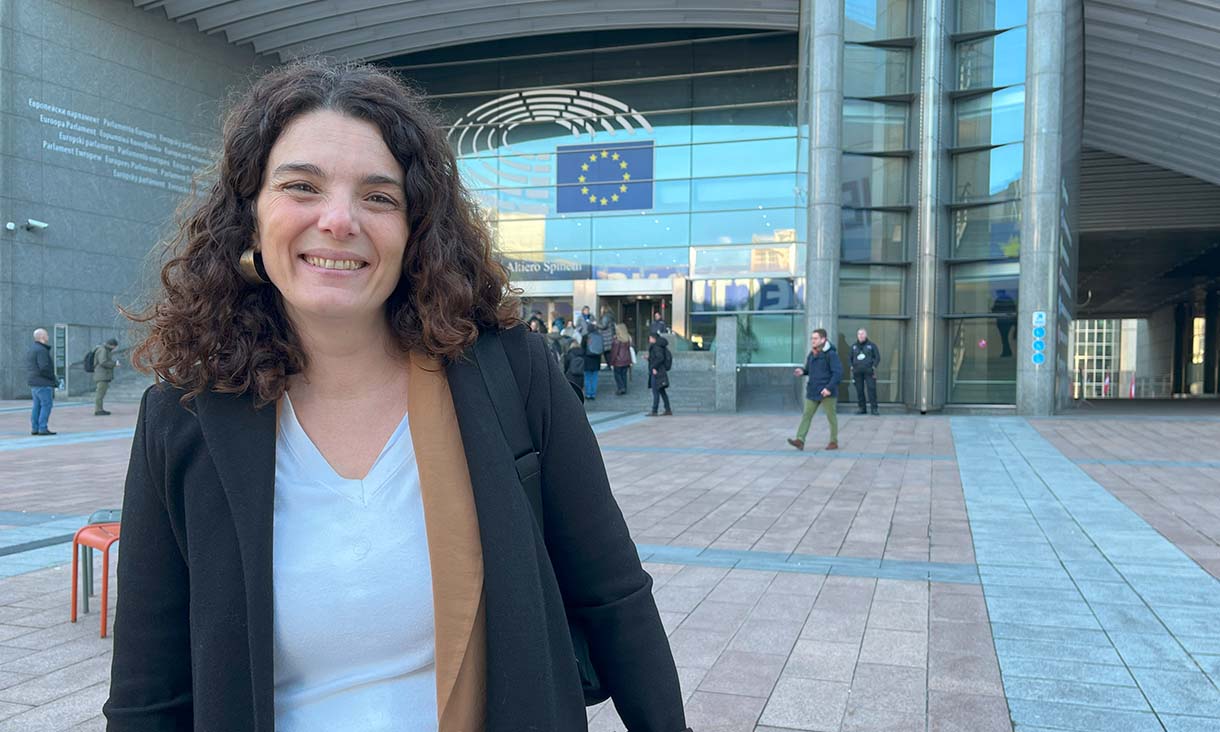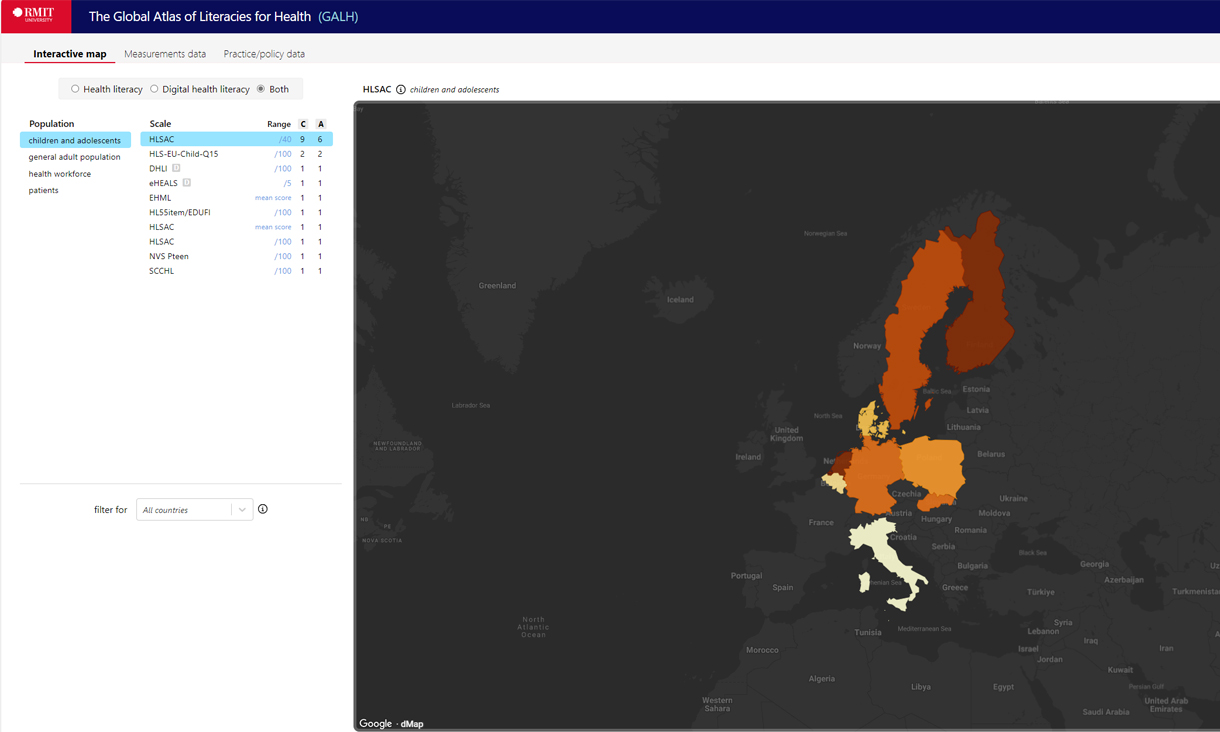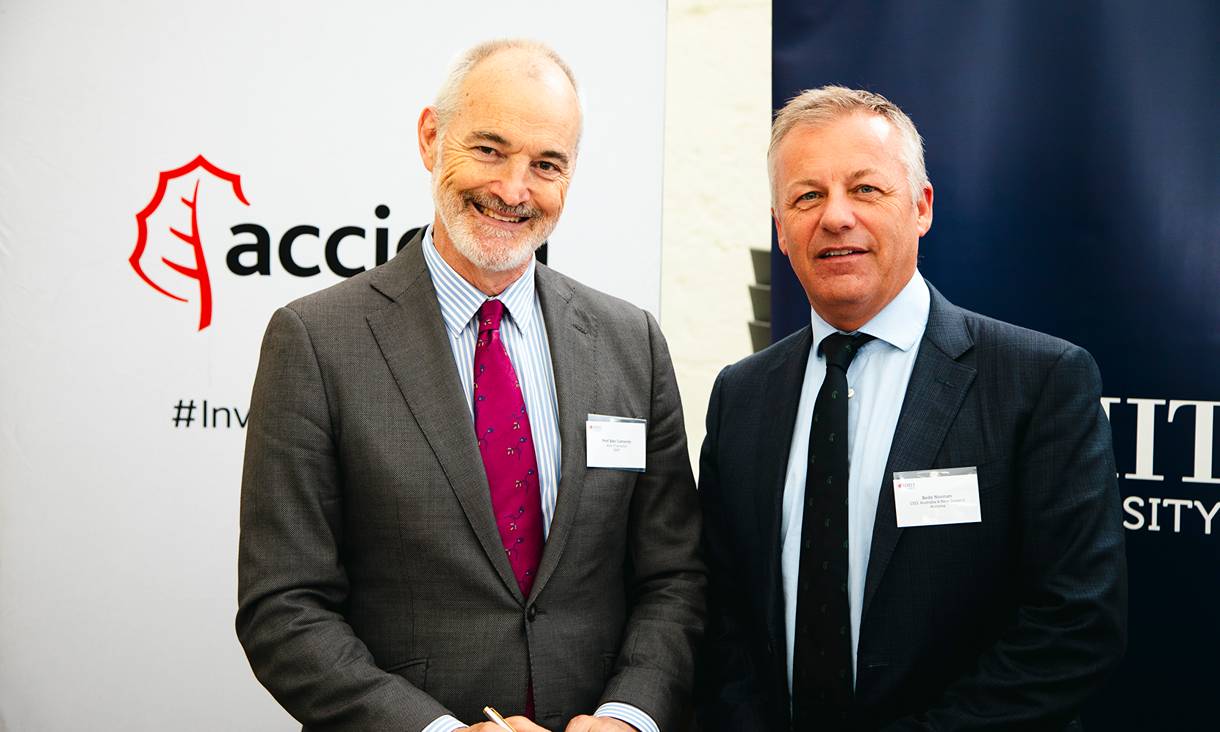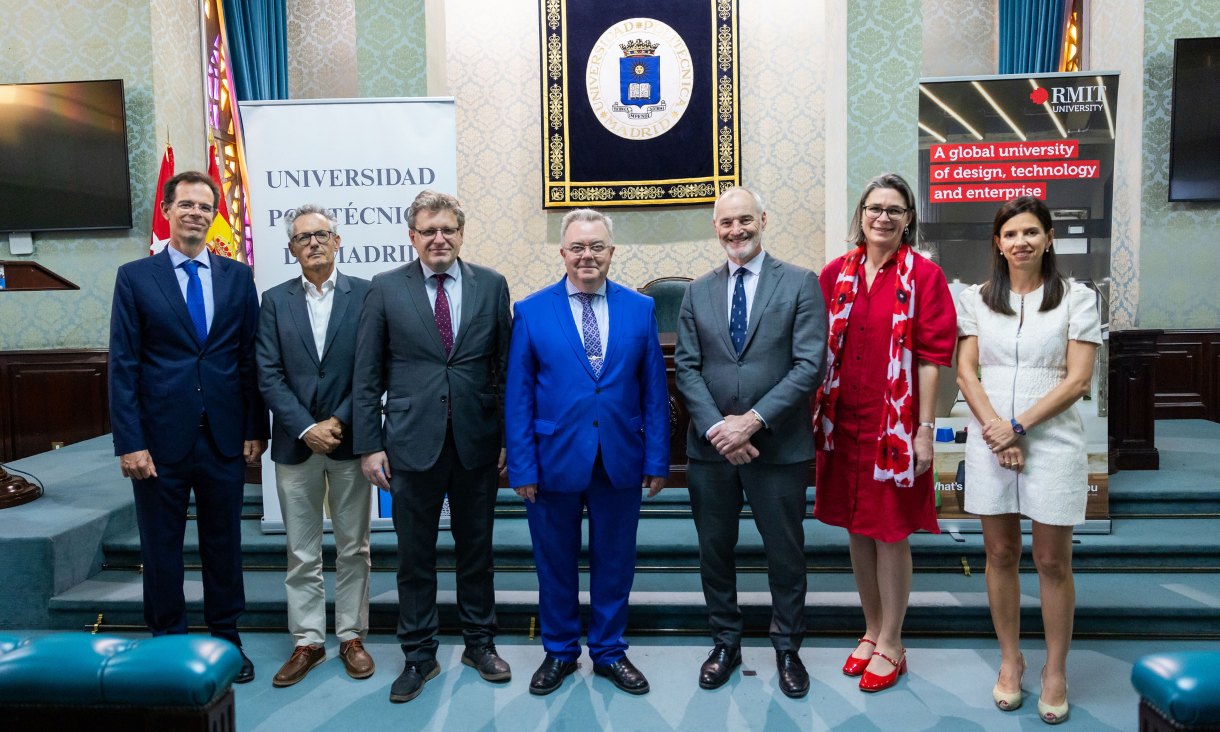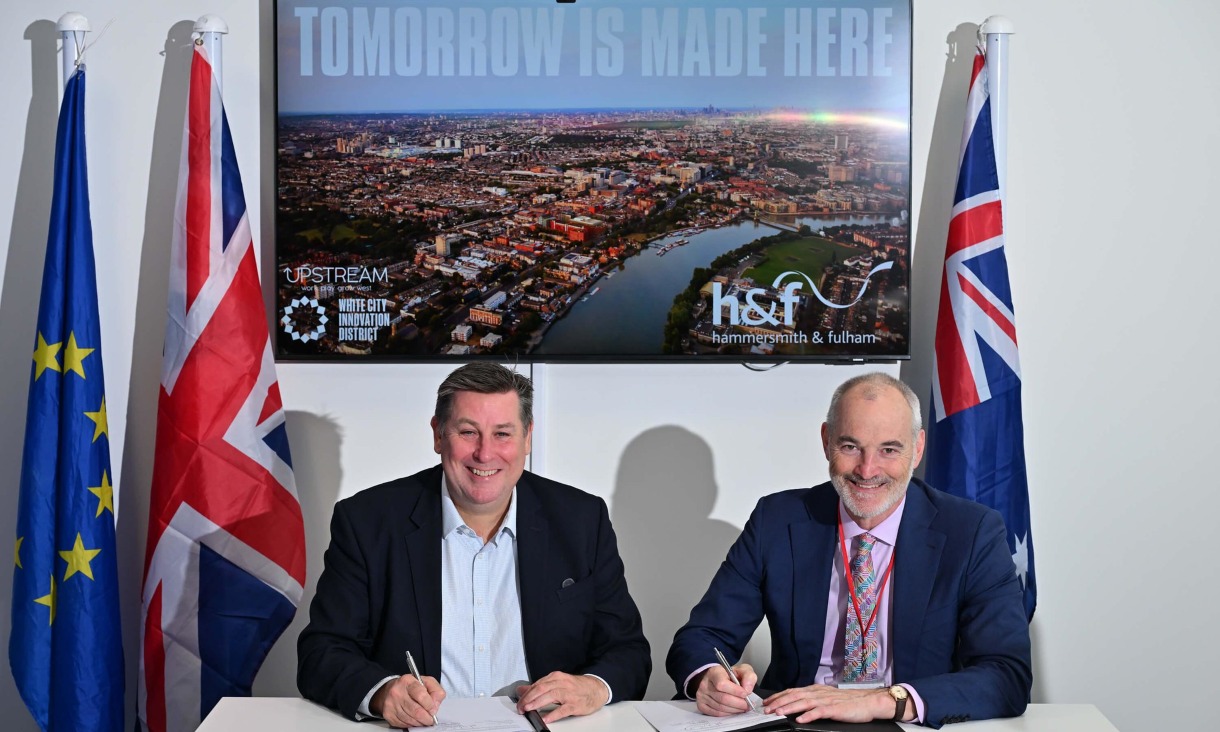New partnership with global infrastructure giant ACCIONA to advance sustainability
RMIT and ACCIONA have signed a partnership agreement to drive innovation and build skills for a sustainable future.
Enabling circular economy practices in sustainable metal production
Researchers in the DIAMETER project will develop digital platforms focused on augmented sustainability and circularity of additive manufacturing and machining processes.
RMIT and Universidad Politécnica de Madrid (UPM) announce dual degree partnership for civil engineering students
A new strategic collaboration with UPM will allow students to enrich their academic experience in an international environment.
RMIT partners with London Borough of Hammersmith & Fulham to boost cross-border tech innovation
The new agreement will connect the White City and Melbourne Innovation Districts to create new opportunities and strengthen economic growth.


